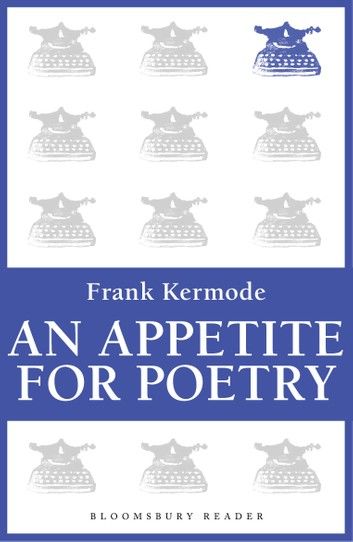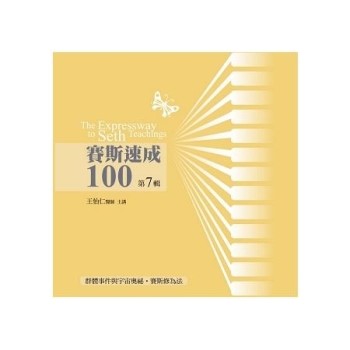| FindBook |
有 1 項符合
An Appetite for Poetry的圖書 |
 |
An Appetite for Poetry 作者:Frank Kermode 出版社:Bloomsbury Publishing 出版日期:2013-05-23 語言:英文 |
| 圖書館借閱 |
| 國家圖書館 | 全國圖書書目資訊網 | 國立公共資訊圖書館 | 電子書服務平台 | MetaCat 跨館整合查詢 |
| 臺北市立圖書館 | 新北市立圖書館 | 基隆市公共圖書館 | 桃園市立圖書館 | 新竹縣公共圖書館 |
| 苗栗縣立圖書館 | 臺中市立圖書館 | 彰化縣公共圖書館 | 南投縣文化局 | 雲林縣公共圖書館 |
| 嘉義縣圖書館 | 臺南市立圖書館 | 高雄市立圖書館 | 屏東縣公共圖書館 | 宜蘭縣公共圖書館 |
| 花蓮縣文化局 | 臺東縣文化處 |
|
|
Frank Kermode is one of the pre-eminent practitioners of the art of criticism in the English speaking world. It has been his distinction to make a virtue – as all the best critics have done – of the necessarily occasional nature of his profession. That virtue is evident on every page of this collection of essays.
In one group of essays he asks the reader to share his pleasure in a number of major writers – Milton, T.S. Eliot, Wallace Stevens. In another, he discusses ideas about problems in biblical criticism and their implications for the study of narrative in particular and the interpretation of secular literary texts in general. In them he gives clear accounts of questions relating to interpretation and the debate about canons.
A key essay looks at the career of William Empson, a career lived between literature and criticism, between the pleasure of the text and the delight in conceptual issues which is characteristic of so much of the contemporary taste for theory. It is Empson's career, perhaps, which is the foundation for the polemical prologue to the book, where Kermode challenges those who doubt the possibility (and the necessity) of the cross-over between literature and criticism, and who argue that criticism is mere appreciation, mere connoisseurship, that theory has displaced criticism and has left literature in the dust, that theory is the avant-garde of critical thought. This piece defines the author's position in the debate about literature and value.
|










